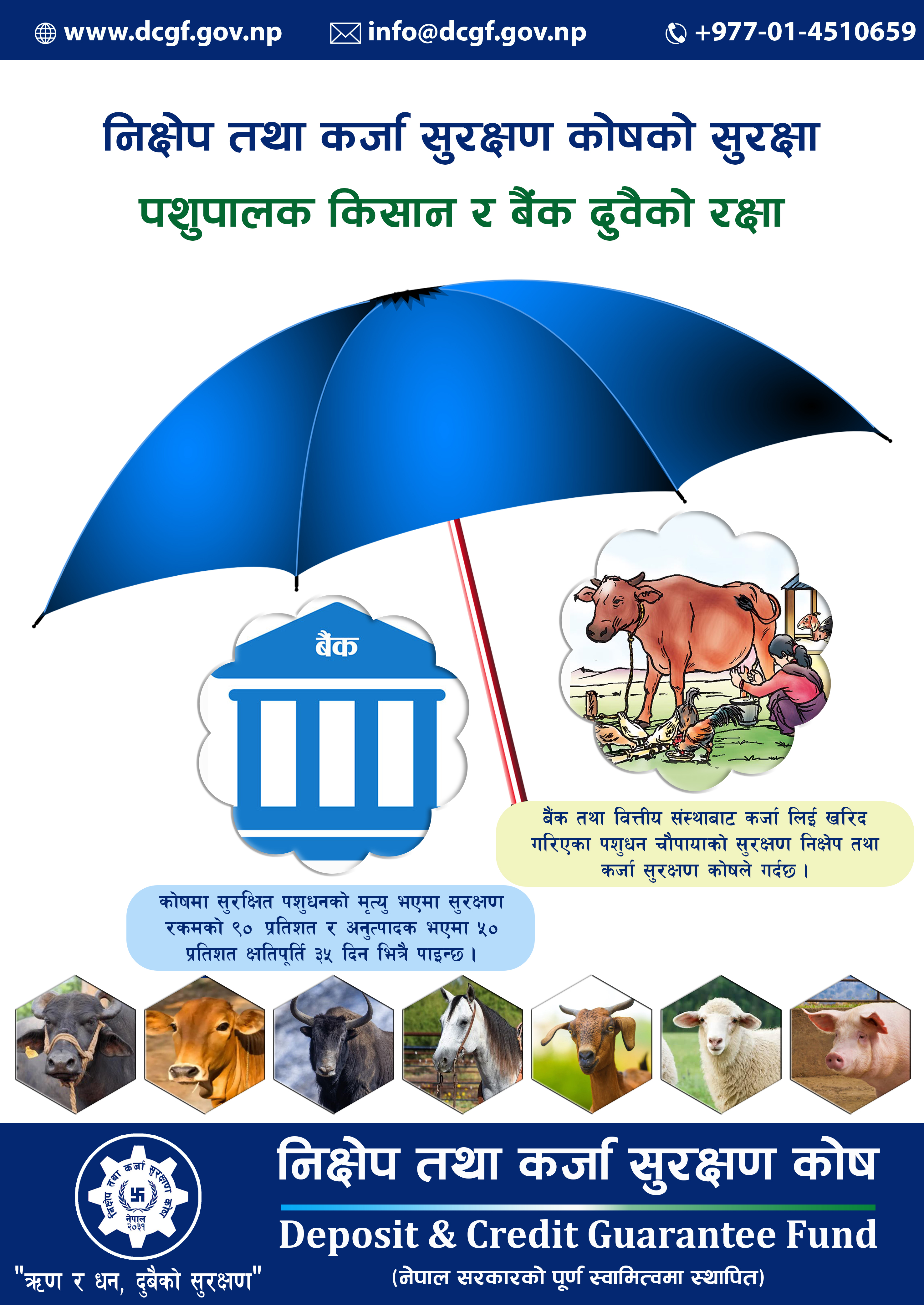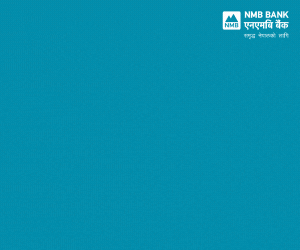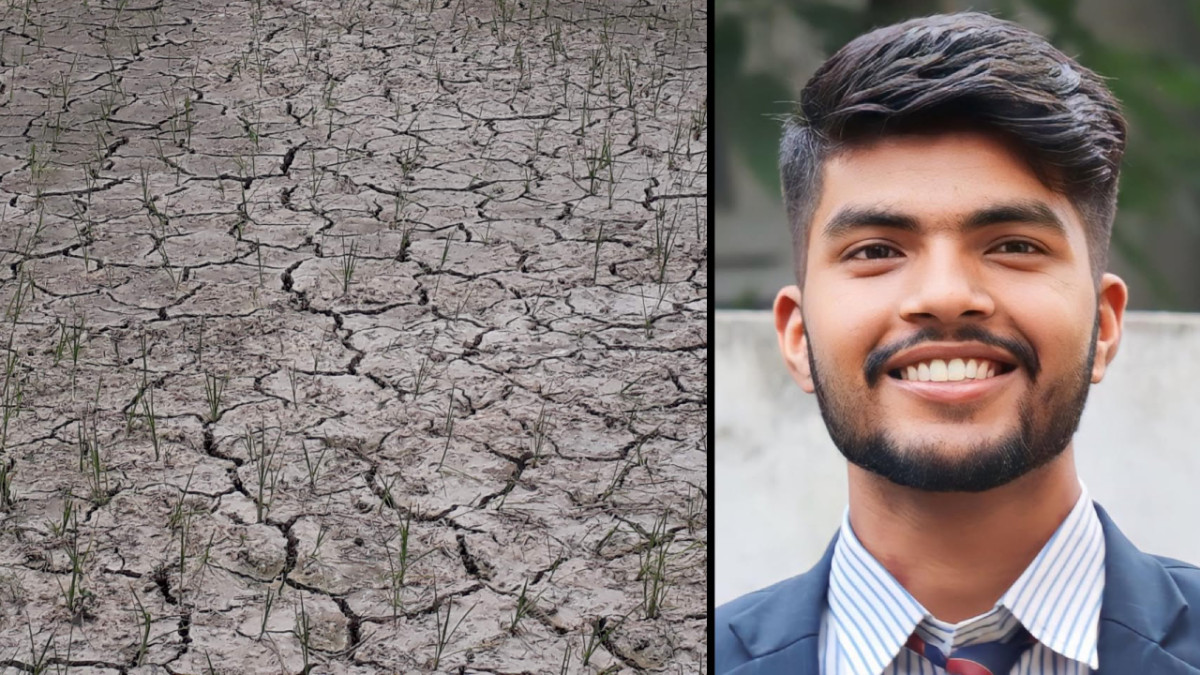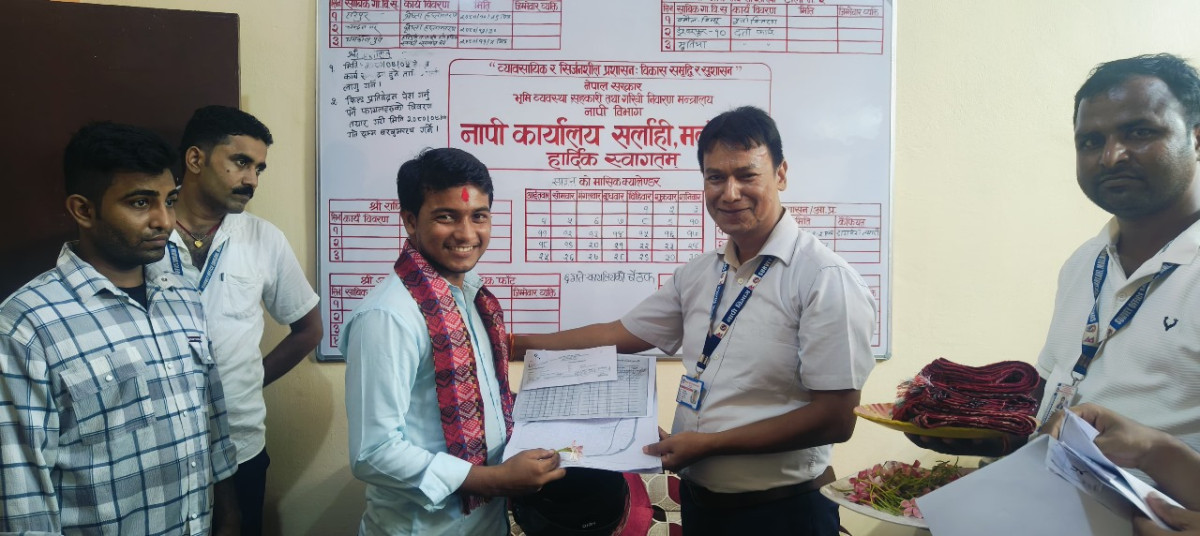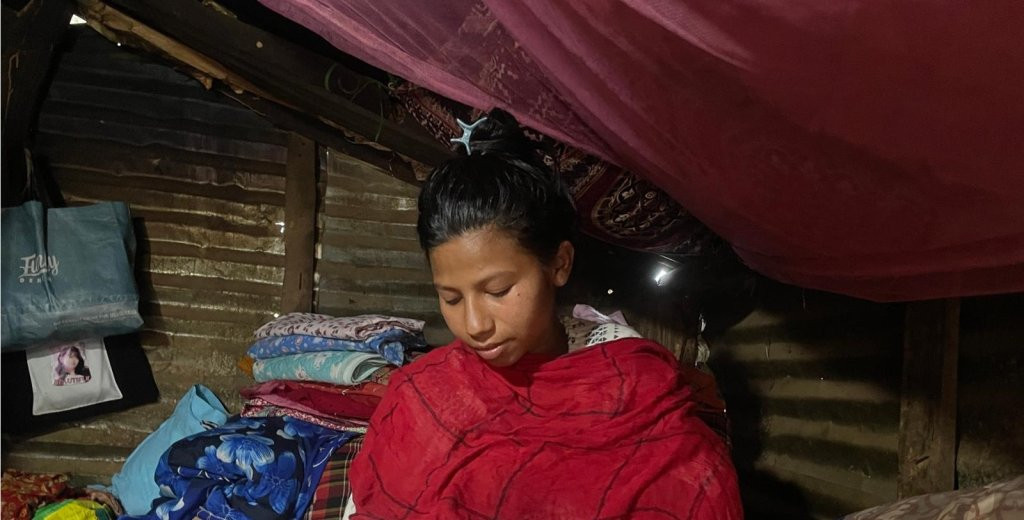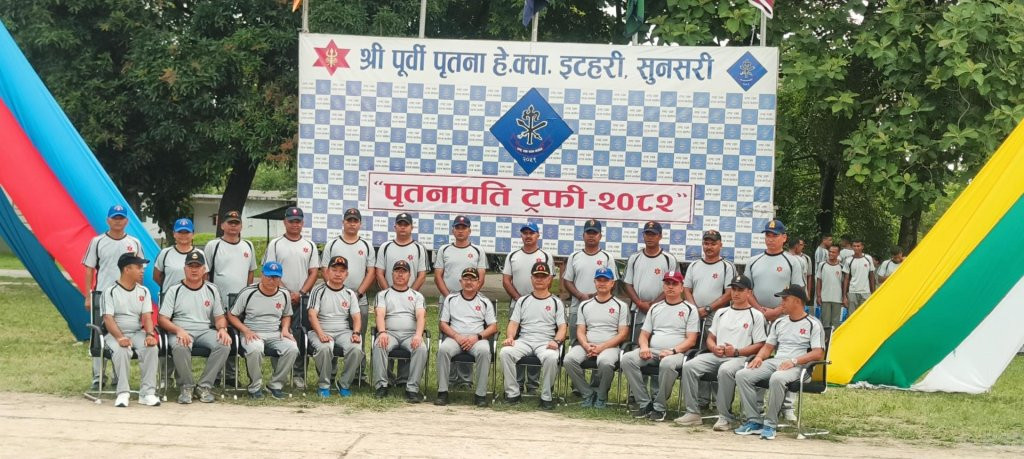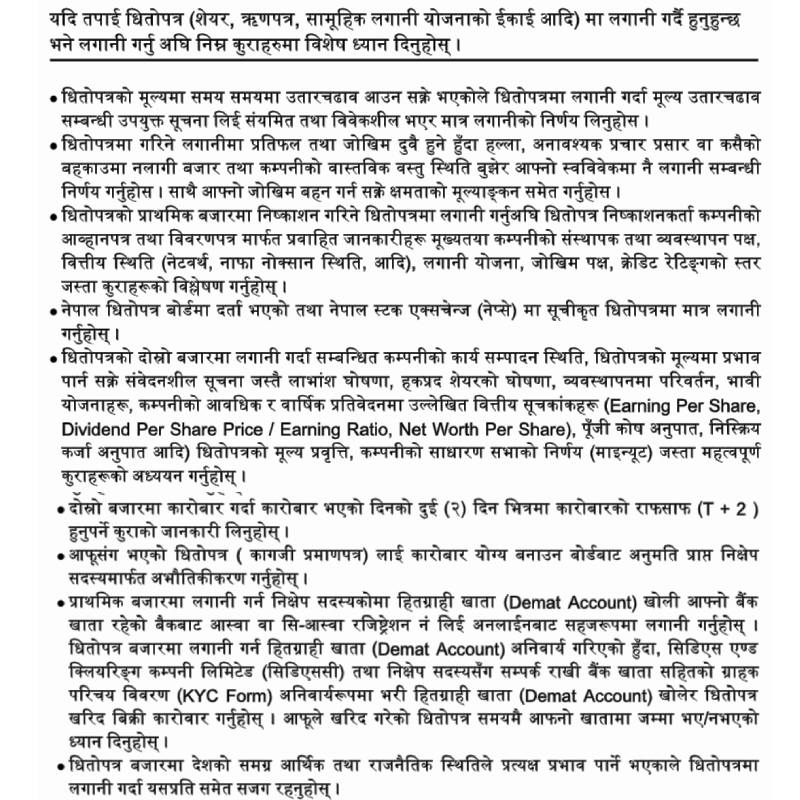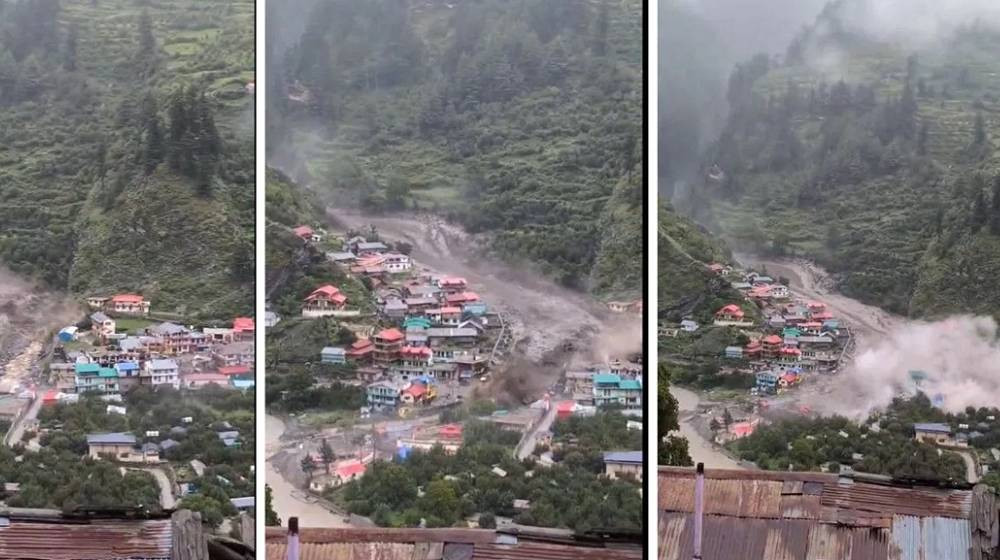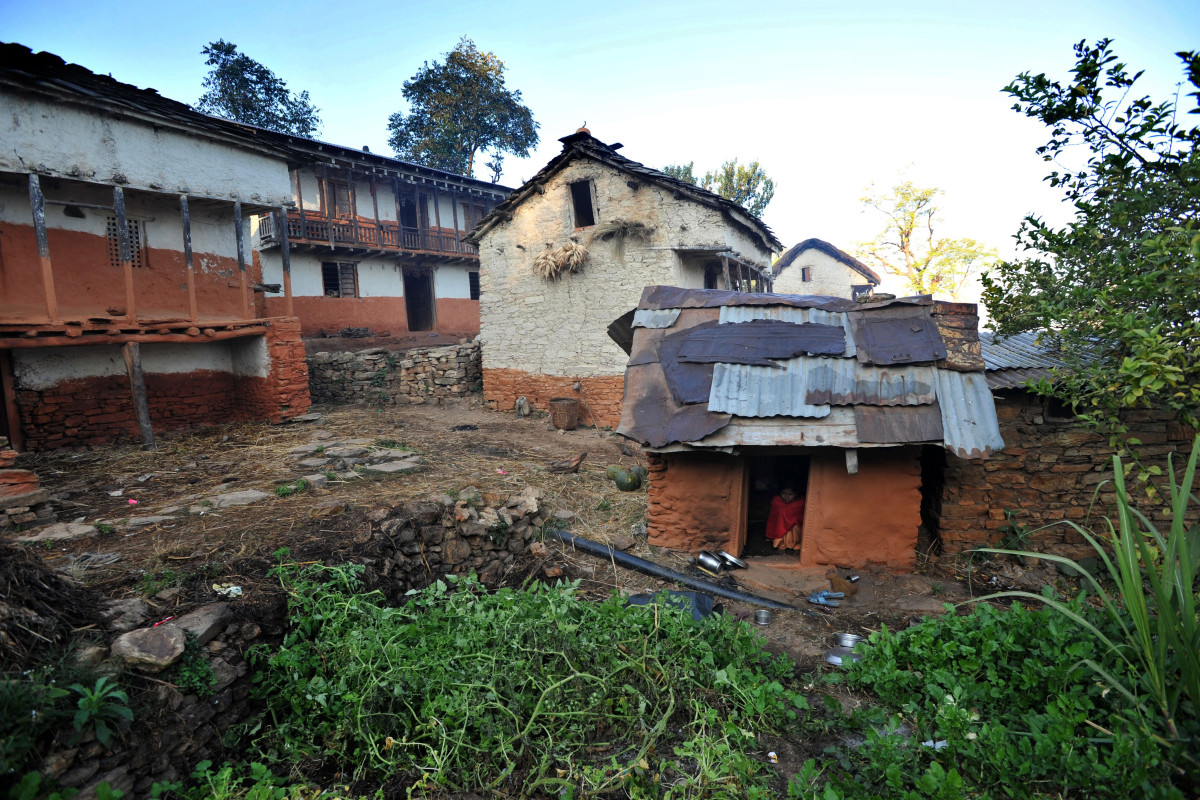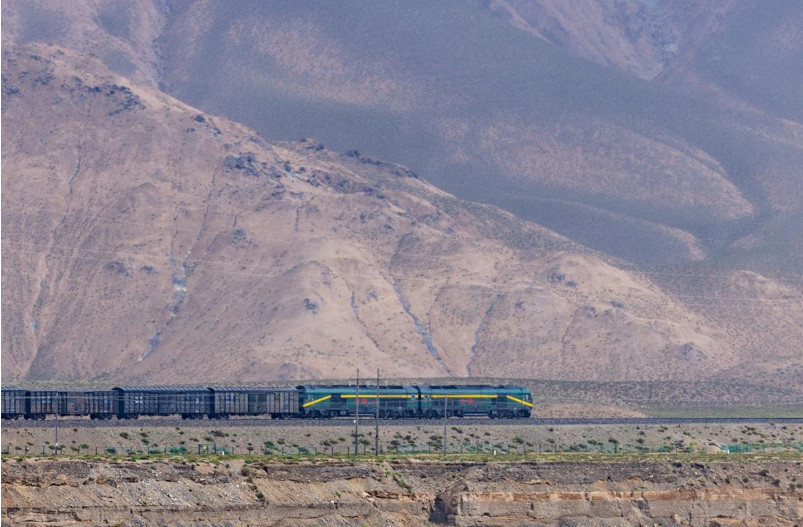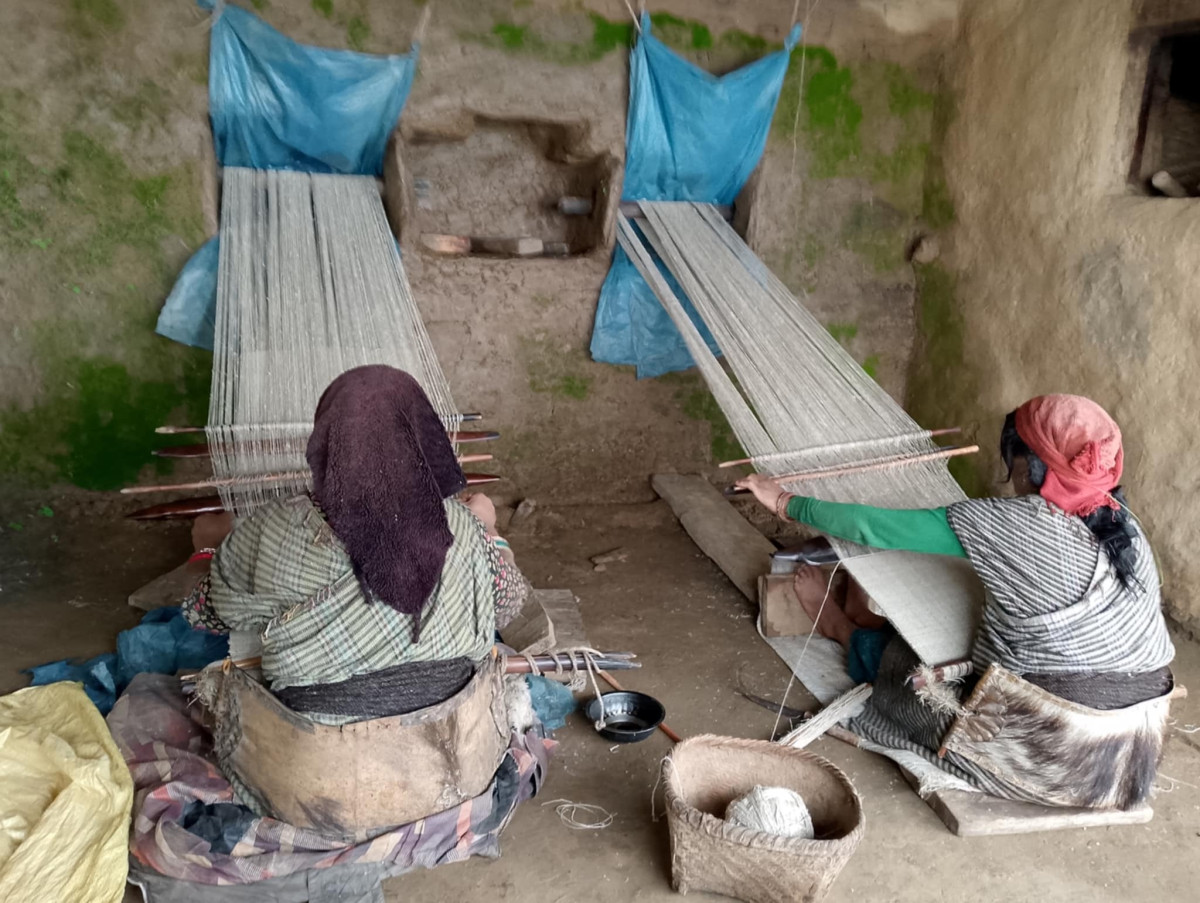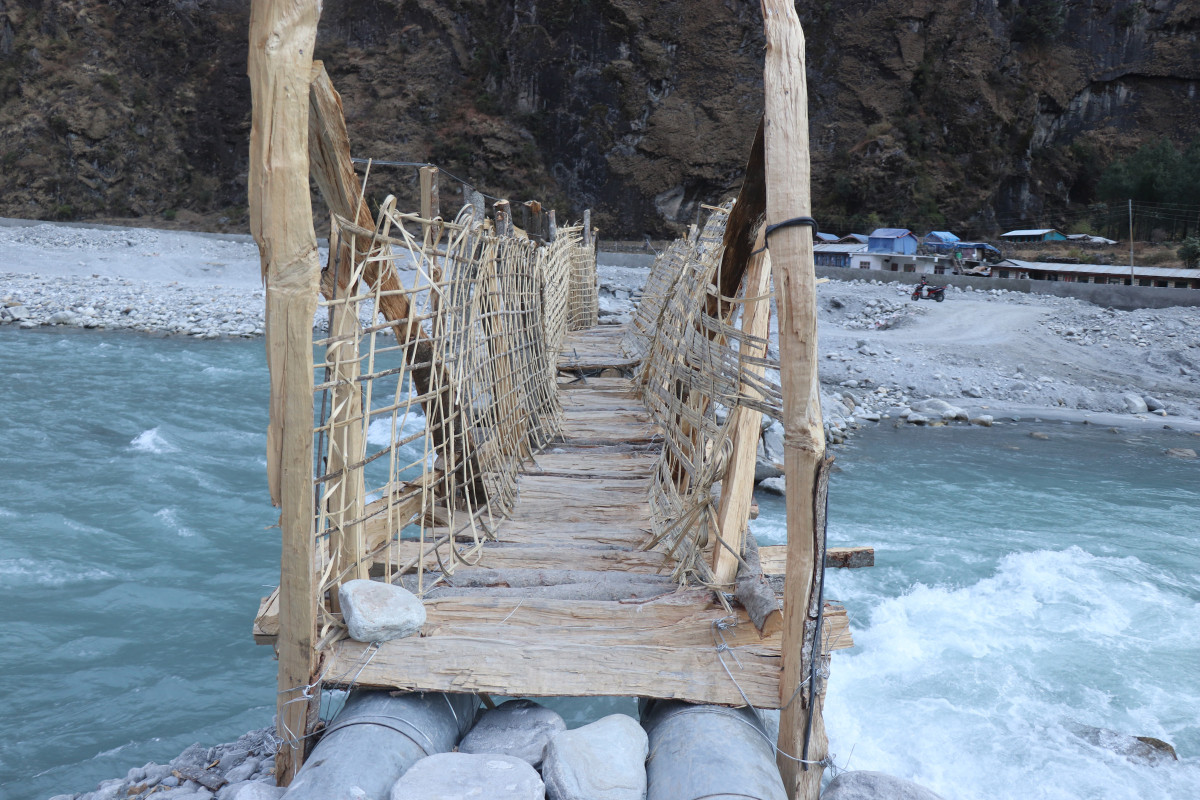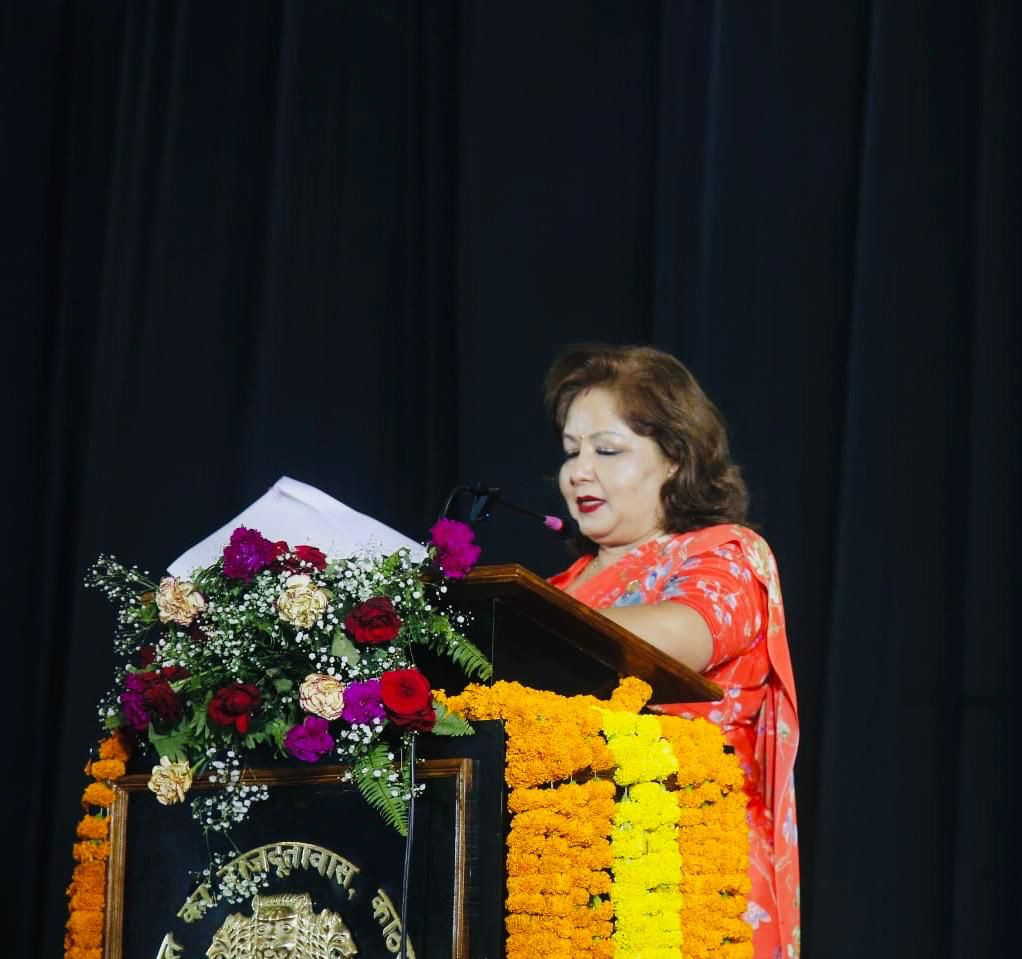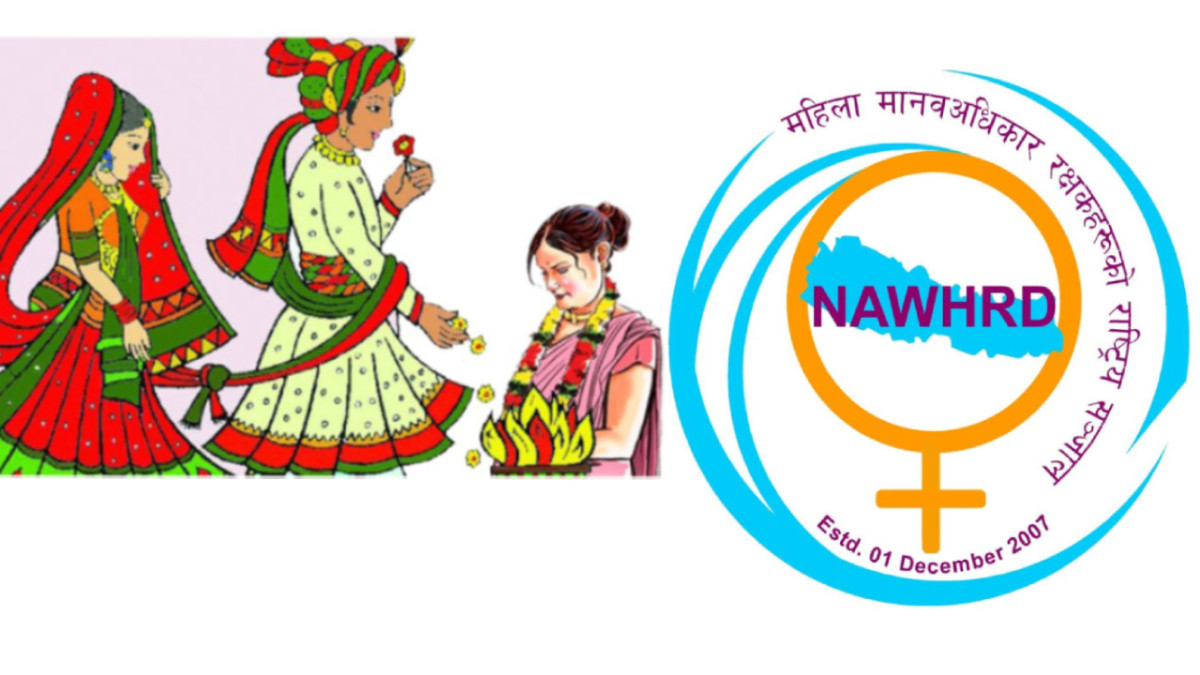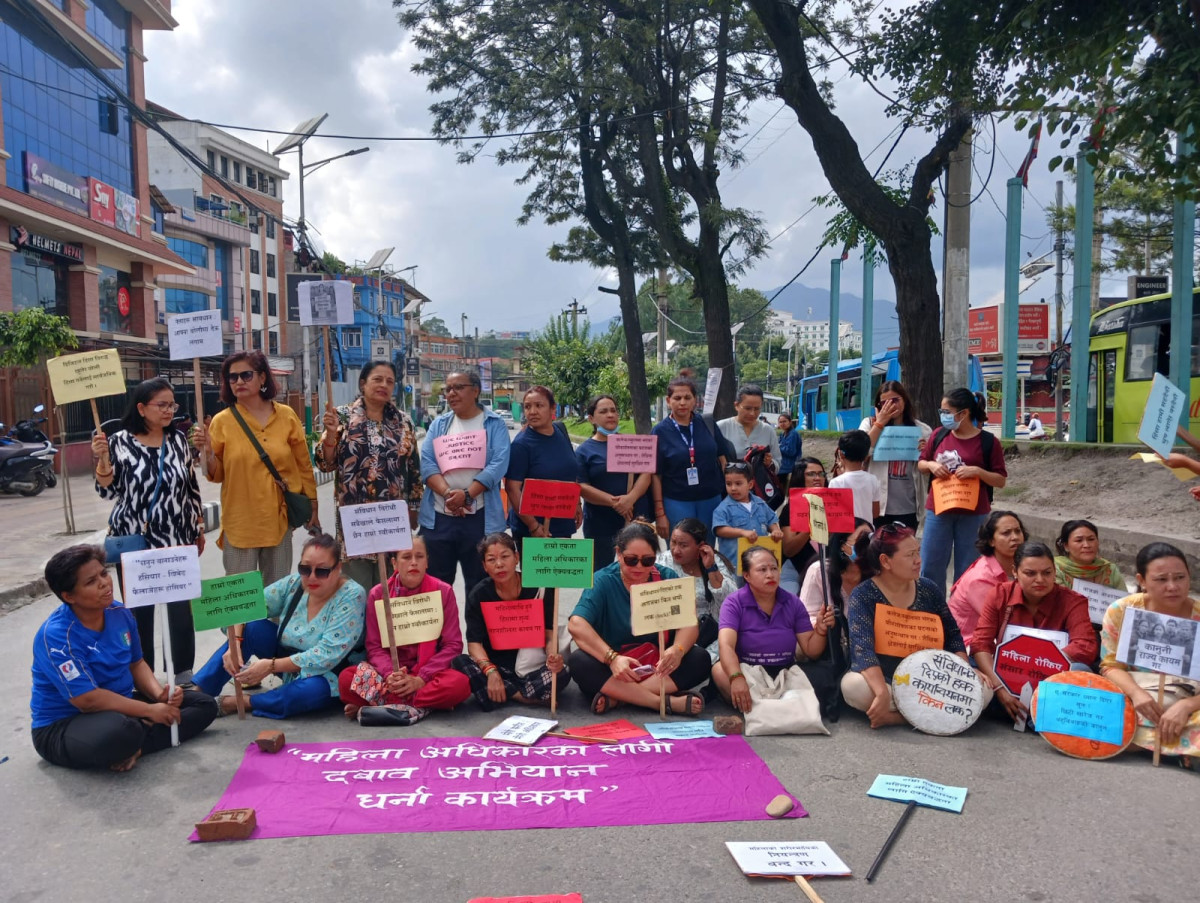The trans-Himalayan district of Mustang in Gandaki Province is facing an alarming decline in its natural water sources, posing serious challenges for local agriculture and livestock farming. Residents across the region say water scarcity has worsened in recent years, a trend they link to rising temperatures and changing weather patterns- clear signs, they believe, of climate change.
During recent community gatherings in Gharapjhong and Waragung Muktikshetra rural municipalities, locals voiced deep concern over the drying water sources, which have directly impacted farming and animal husbandry, the backbone of Mustang’s rural economy.
Deepak Sherchan, a member of the Local Water Consumers Committee in Jomsom, highlighted that water shortages have become more frequent and severe. “Natural water sources are vanishing, while the number of households in Jomsom continues to grow. Meeting the demand for drinking water, irrigation, and livestock has become increasingly difficult,” he said, urging local authorities to seek long-term solutions.
Farmers say the impact is already visible. "One year we get a decent apple harvest, and the next, it drops drastically," said a local orchard owner, describing the erratic effects of water scarcity on apple farming, a key source of income in the region.
Livestock herders are also feeling the pressure. A yak farmer from Gharapjhong explained that snowfall in the highlands has become rare, stunting vegetation growth and forcing wild animals to descend into human settlements in search of food. “It’s not just about livestock anymore. Wildlife is coming closer, which is worrying for everyone,” he said.
Though Jomsom Bazaar is currently supplied by three glacial sources, including Kungle Hill and Thini, locals say these sources are drying up. “The snow-fed streams that supply drinking water are shrinking, especially due to the effects of climate change,” said Sherchan. “Jomsom is a growing commercial hub, and the water demand is only increasing. We urgently need to find alternative sources and sustainable solutions.”
Farmers also report that the changing climate has disrupted seasonal cycles essential for crop production. “We’re not getting snow during the apple harvest anymore,” said Rajendra Sherchan, a farmer from Gharapjhong-4. “When the weather is favorable, there’s no snow; and when it does snow, it’s too late or too early. The flowers fall before fruit sets, and rising temperatures are making crops more vulnerable to pests and disease.”
As Mustang’s farmers and herders continue to grapple with the growing crisis, many are calling for immediate attention from policymakers, scientists, and environmental experts to help protect their water sources- and their way of life.


.gif)



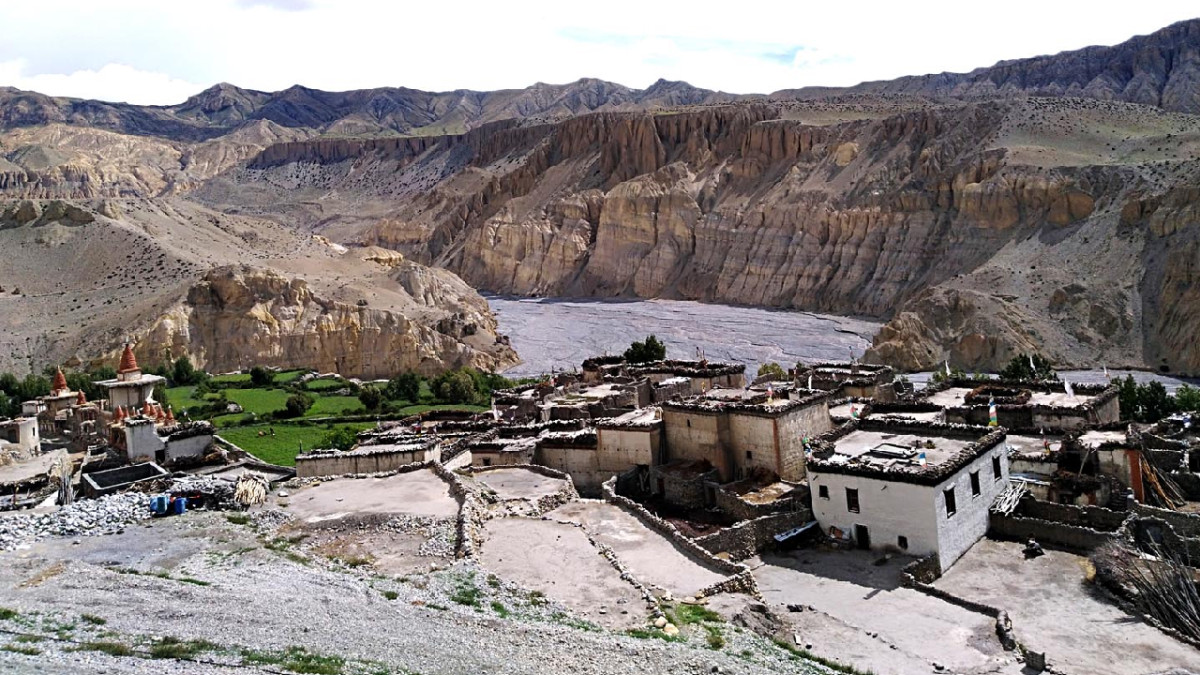


.jpeg)
.gif)



